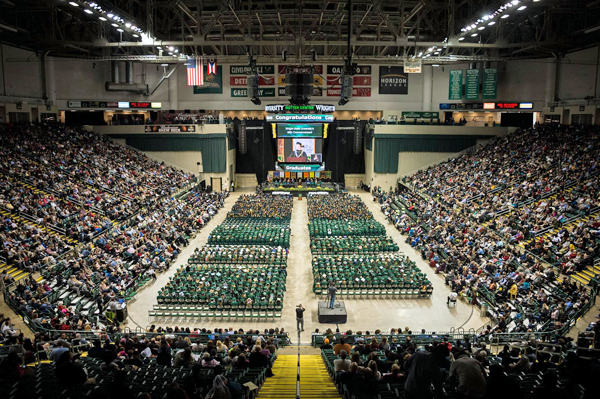
Excerpt from Forbes
By Richard Vedder
The Ivy League schools have announced their acceptance rates for the class of 2023, ranging from a low of 4.5% at Harvard to a high of 10.6% at Cornell. At a typical Ivy League school, there were about 15 applicants for each student admitted. Why? Prospective students believe attending an Ivy League school is the path to a prosperous, fulfilling life. According to the Department of Education's College Scorecard, graduates' median annual earnings shortly after attending an Ivy League school exceeds $80,000, and fewer than 5% of matriculating students fail to graduate.
Contrast that to high-quality but somewhat less prestigious state schools. I took eight very highly regarded state flagship universities located in Ivy League states and beyond. At these schools, graduates' median post-attendance salary is about $58,000—28% less than that of Ivy League schools, and the median dropout rate is more than three times higher—over 16%.
Next I looked at eight mid-quality state schools—institutions ranking between 300 and 400 on the Forbes Best College list of 650 schools. Among these universities, the median post-attendance earnings are only slightly over $45,000 (about 23% less than for the top-quality state schools), and the dropout rate is pretty high: three out of every eight students do not even get the sheepskin regarded as a ticket to the good life. Finally, I looked at state schools with even lesser reputations—ranked between 550 and 650 on the Forbes list. The median earnings fell further, to $42,500, while the median dropout rate soared to 54%. A typical new Harvard grad makes considerably more than double those leaving, for example, Wright State or Georgia Southern universities.
No wonder parents are bribing unscrupulous individuals to get their kid into top-quality schools! Unethical and illegal behavior revealed in the Varsity Blue scandal, while deplorable, is at least understandable. And certainly, some kids clearly belong in very competitive schools where vocational success is highly probable.
Yet there is some fairly compelling evidence that admission to a prestigious school is not always the assumed ticket to lifetime fulfillment and happiness. As Wall Street Journal writer Greg Ip put it: "The fact that smart, ambitious children who attend elite colleges also do well in life doesn't mean the first caused the second." Kids going to Harvard and Yale have previously excelled in life —they are smarter, more disciplined, exhibit greater leadership qualities, etc. That is how they get into Ivy League schools.

